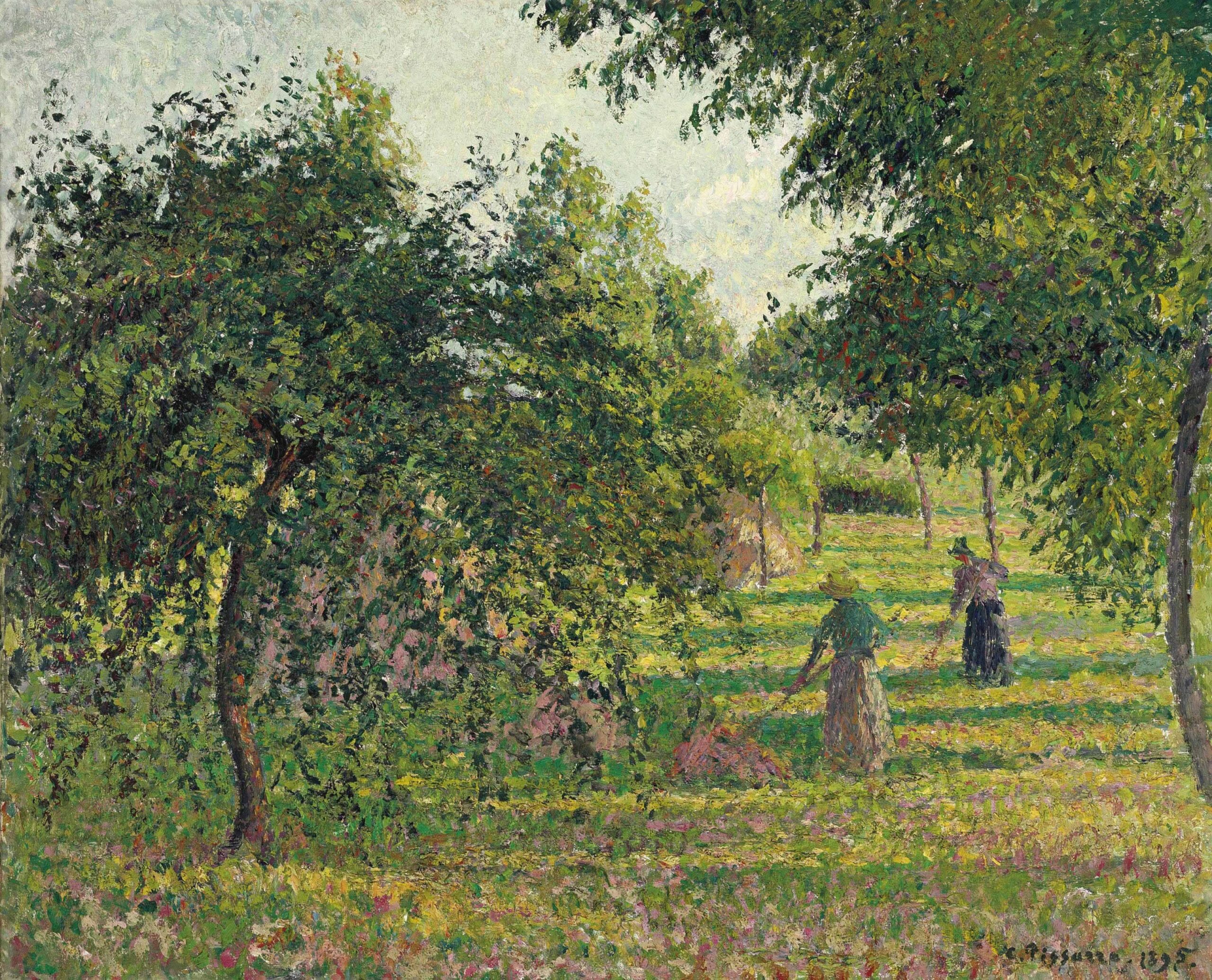“The sins that sprout forth from sloth are contempt for commands, and because one throws himself into the prey of vice, he despairs of doing good, and as a result they become rancorous against those that strive to avoid sin and take up a good life.” – St. Robert Bellarmine
“These are the daughters of sloth:
1) Malice, whereby someone holds spiritual goods in hatred, and wants nothing to do with them, or in some matter where he is sorry that he did the right thing, or fulfilled what he is held to, or condemns a benefit of God in some matter, for example, by wishing he was never born, or to not acknowledge Christ, etc., which are mortal sins by nature.
2) Pusillanimity, and despairing of salvation, which are mortal sins.
3) Rancor, in which some are disdainful of spiritual things.
4) Sluggishness, when good things are done without due fervor.
5) Wandering of the mind, in which someone wanders in a spiritual exercise towards illicit things, whether by thought which is called curiosity, or by speech, and it is called verbosity, or through restlessness, and it is called inquietude, all of which are commonly held to be venial.” – St. Alphonsus Ligouri
Spiritual Sloth
“Also, regarding spiritual sloth, these beginners usually become weary in exercises that are more spiritual and flee from them since these exercises are contrary to sensory satisfaction. Since they are so used to finding delight in spiritual practices, they become bored when they do not find it. If they do not receive in prayer the satisfaction they crave—for after all it is fit that God withdraw this so as to try them—they do not want to return to it, or at times they either give up prayer or go to it begrudgingly. Because of their sloth, they subordinate the way of perfection (which requires denying one’s own will and satisfaction for God) to the pleasure and delight of their own will. As a result they strive to satisfy their own will rather than God’s.
Many of these beginners want God to desire what they want, and they become sad if they have to desire God’s will. They feel an aversion toward adapting their will to God’s. Hence they frequently believe that what is not their will, or brings them no satisfaction, is not God’s will, and, on the other hand, that if they are satisfied, God is too. They SLOTH 191 measure God by themselves and not themselves by God, which is in opposition to his teaching in the Gospel that those who lose their life for his sake will gain it and those who desire to gain it will lose it [Mt. 16:25].
Beginners also become bored when told to do something unpleasant. Because they look for spiritual gratifications and delights, they are extremely lax in the fortitude and labor perfection demands. Like those who are reared in luxury, they run sadly from everything rough, and they are scandalized by the cross, in which spiritual delights are found. And in the more spiritual exercises their boredom is greater. Since they expect to go about in spiritual matters according to the whims and satisfactions of their own will, entering by the narrow way of life, about which Christ speaks, is saddening and repugnant to them [Mt. 7:14].” – St. John of the Cross
This article is taken from a chapter in the Manual for Conquering Deadly Sin by Fr. Dennis Kolinski, which is available from TAN Books.









